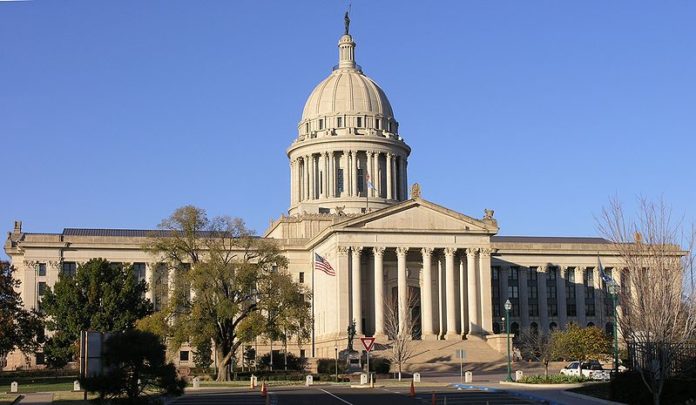BY DAVID PERRYMAN
 Abraham Lincoln was only 25 years old when he was elected on the Whig ticket to the Illinois Legislature in 1834. According to another Whig, Horace Mann, the philosophy of the Whig Party of that era saw public education as the best way to “turn the nation’s unruly children into disciplined, judicious republican citizens.”
Abraham Lincoln was only 25 years old when he was elected on the Whig ticket to the Illinois Legislature in 1834. According to another Whig, Horace Mann, the philosophy of the Whig Party of that era saw public education as the best way to “turn the nation’s unruly children into disciplined, judicious republican citizens.”
The Whigs also supported the “American System,” a belief that economic and industrial growth would be the direct result of vigorous programs expanding “internal improvements,” especially road and canal systems.
It was against this backdrop on Jan. 11, 1837, Abraham Lincoln expressed his strong opinion regarding the use of public funds for the direct benefit of private interests:
“It is an old maxim and a very sound one, that he that dances should always pay the fiddler. Now, sir, in the present case, if any gentlemen, whose money is a burden to them, choose to lead off a dance, I am decidedly opposed to the ‘people’s money’ being used to pay the fiddler … all this to settle a question in which the people have no interest, and about which they care nothing. These capitalists generally act harmoniously, and in concert, to fleece the people, and now, that they have got into a quarrel with themselves, we are called upon to appropriate the ‘people’s money’ to settle the quarrel.”
Clearly, Lincoln and those of his Whig Party saw the difference between investing in education and infrastructure on the one hand and “paying the fiddler” for private interests on the other. It takes very little imagination to see what Lincoln’s response would be to corporate tax credits, rebates, exemptions and other forms of today’s corporate welfare.
It is no surprise then that the Oklahoma state budget would not pass muster with Lincoln and the fiscally astute Whigs. Oklahoma’s budget proposal had been shamefully kept secret until this past Wednesday afternoon, and immediately the supermajority in the House voted to suspend the rules to allow it to go to a vote on the House floor.
As a result, the supermajority tossed government transparency to the wind so that the public would not have time to react to the draconian cuts and crippling effect to core services.
This procedure kept many constituents in the dark and prevented citizens across the state from contacting their legislators. After all, the leaders of the supermajority would not want to compete with constituents for the attention of the legislators who would be voting on the bill.
Consequently, most voters were unaware that the Legislature was in the process of forcing more college debt on students by cutting $24 million from the higher education budget or that career doors were being closed on students of all ages because nearly $7 million was taken without warning from the CareerTech budget.
Likewise, county commissioners were busy trying to make roads and bridges passable after millions of dollars of storm damage and had no time to react to the $72 million swept from their county roads and bridges fund or the caps placed on future funds. ODOT and cities and towns were unaware of the $30 million more taken from the road funding appropriation or the $17.5 million that was swept from the account that pays for the operation of weigh stations across the state.
Veterans were left in the dark about the $2.7 million that was taken from programs that benefit them, and Medicare and Medicaid recipients did not know about the $111 million taken from the Oklahoma Healthcare Authority, including the entire $25 million fund for Insure Oklahoma that helps provide health insurance for low-income working Oklahomans.
These are only about half of the cuts and funds taken from state agencies to bridge the $611 million budget gap. Most others also relate to services that are essential to Oklahomans, and $271 million was taken from the Rainy Day fund and cash-flow reserves.
The national economy is flourishing, so what has Oklahoma done wrong?
Over the past 10 years, Oklahoma’s corporate and personal income tax rates have been cut multiple times, by a total of more than 20%, with another cut scheduled to go into effect next year. Tax revenue must be used to fund government and not for credits, subsidies, tax breaks and other corporate welfare.
Until those issues are addressed, Lincoln’s fear of using “the people’s money” to pay someone else’s fiddler will continue. There will continue to be budget gaps, and you can rest assured that the budget will continue to be voted upon just before midnight with all the shades drawn.
– David Perryman, a Chickasha Democrat, represents District 56 in the Oklahoma House of Representatives







